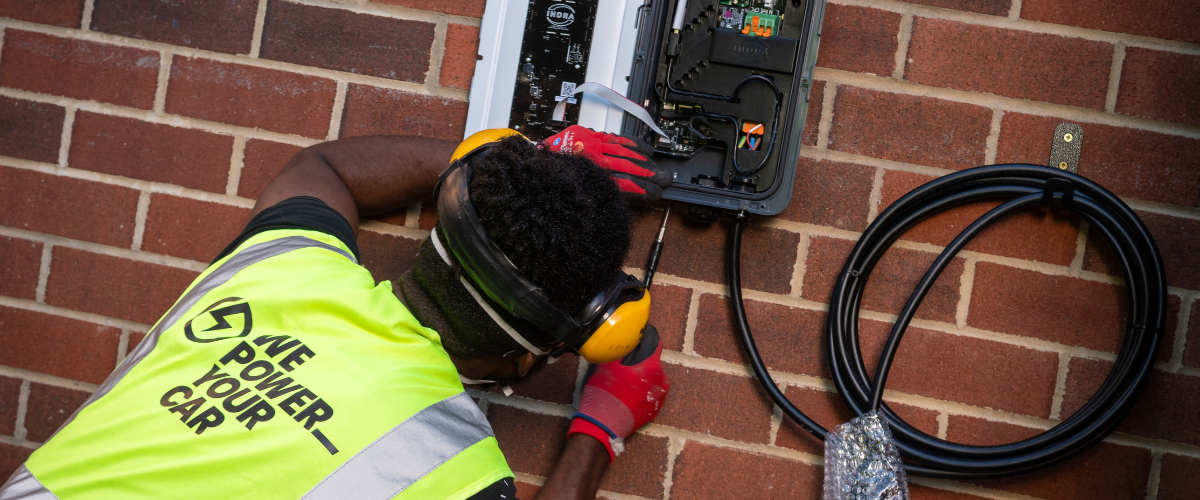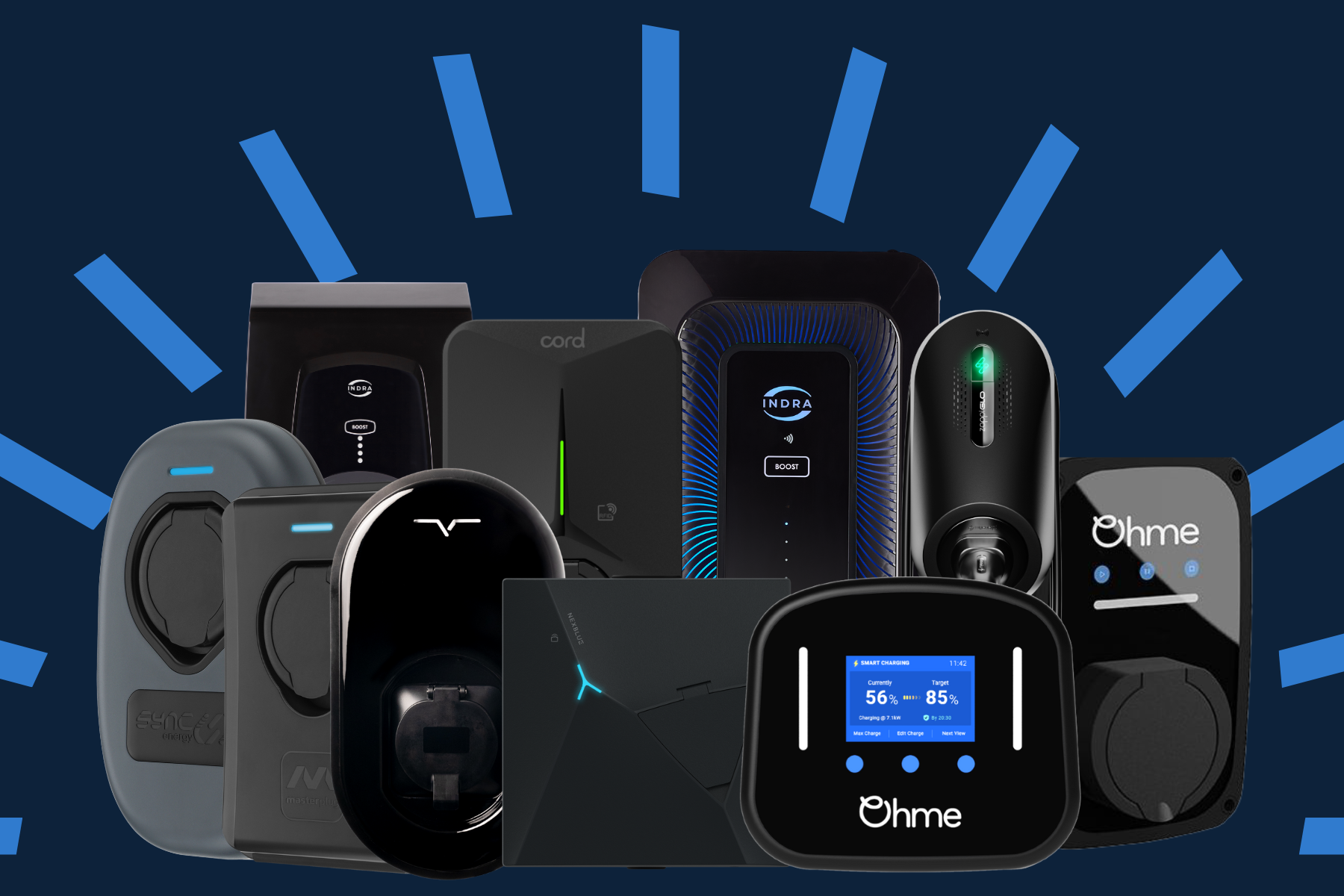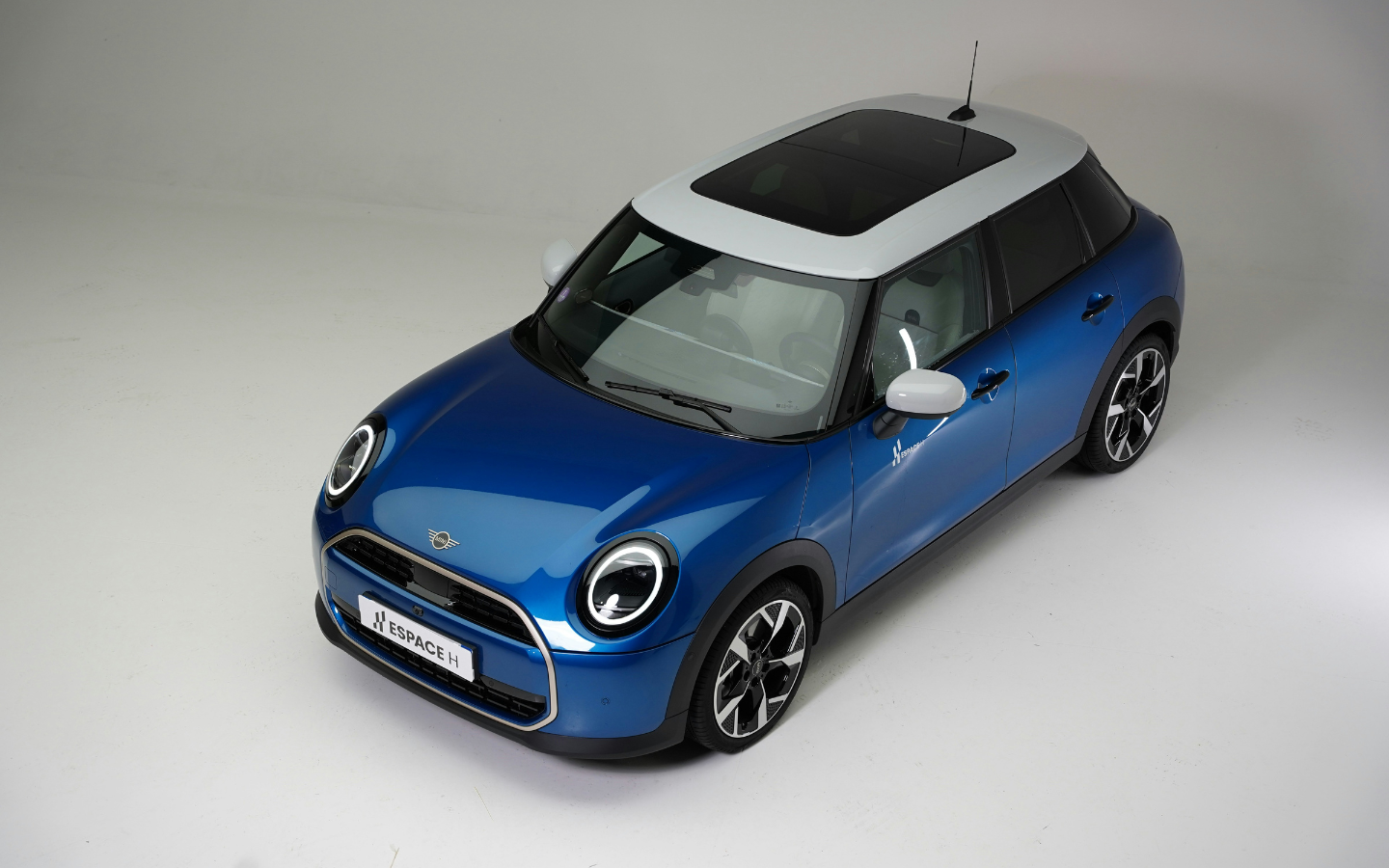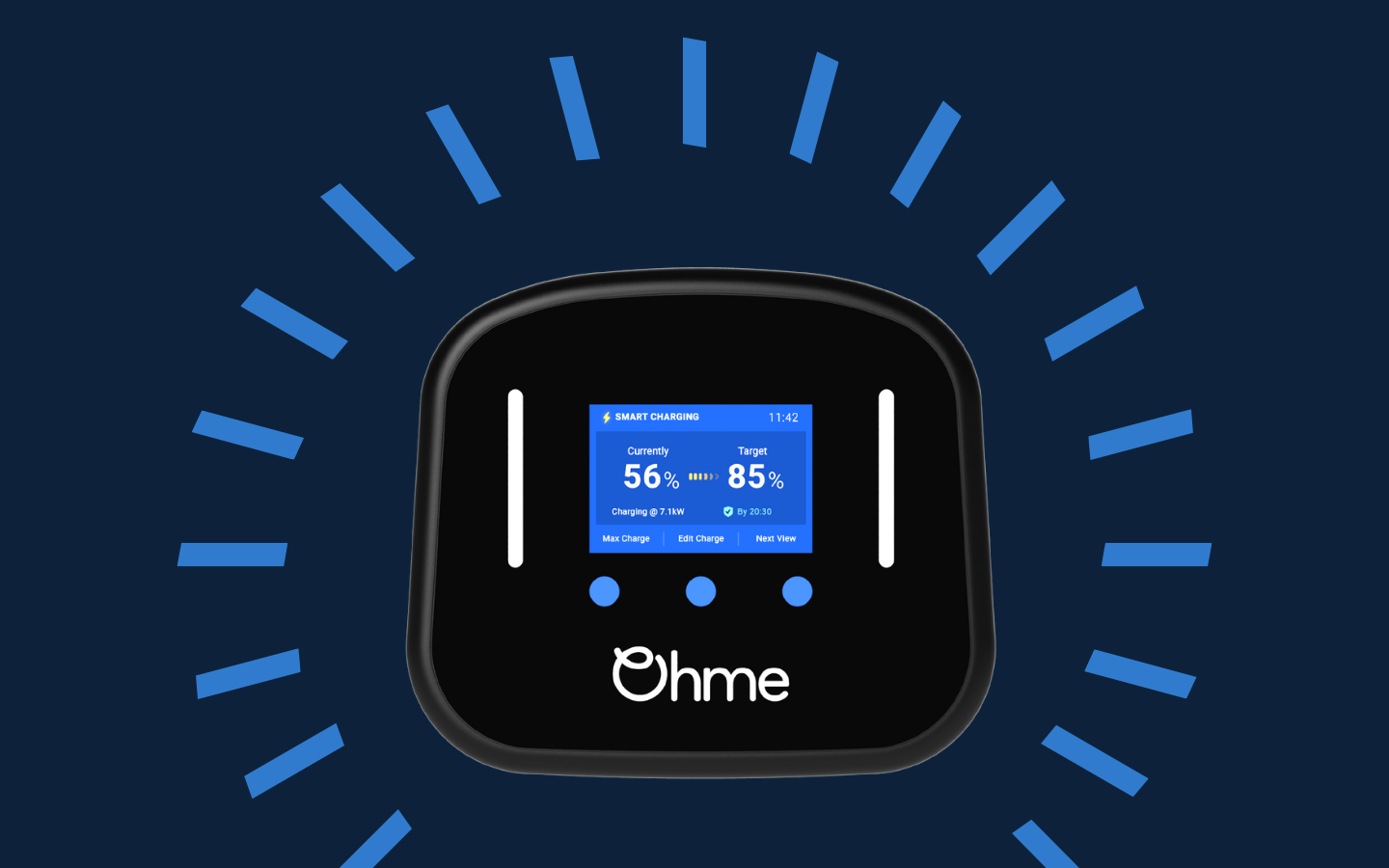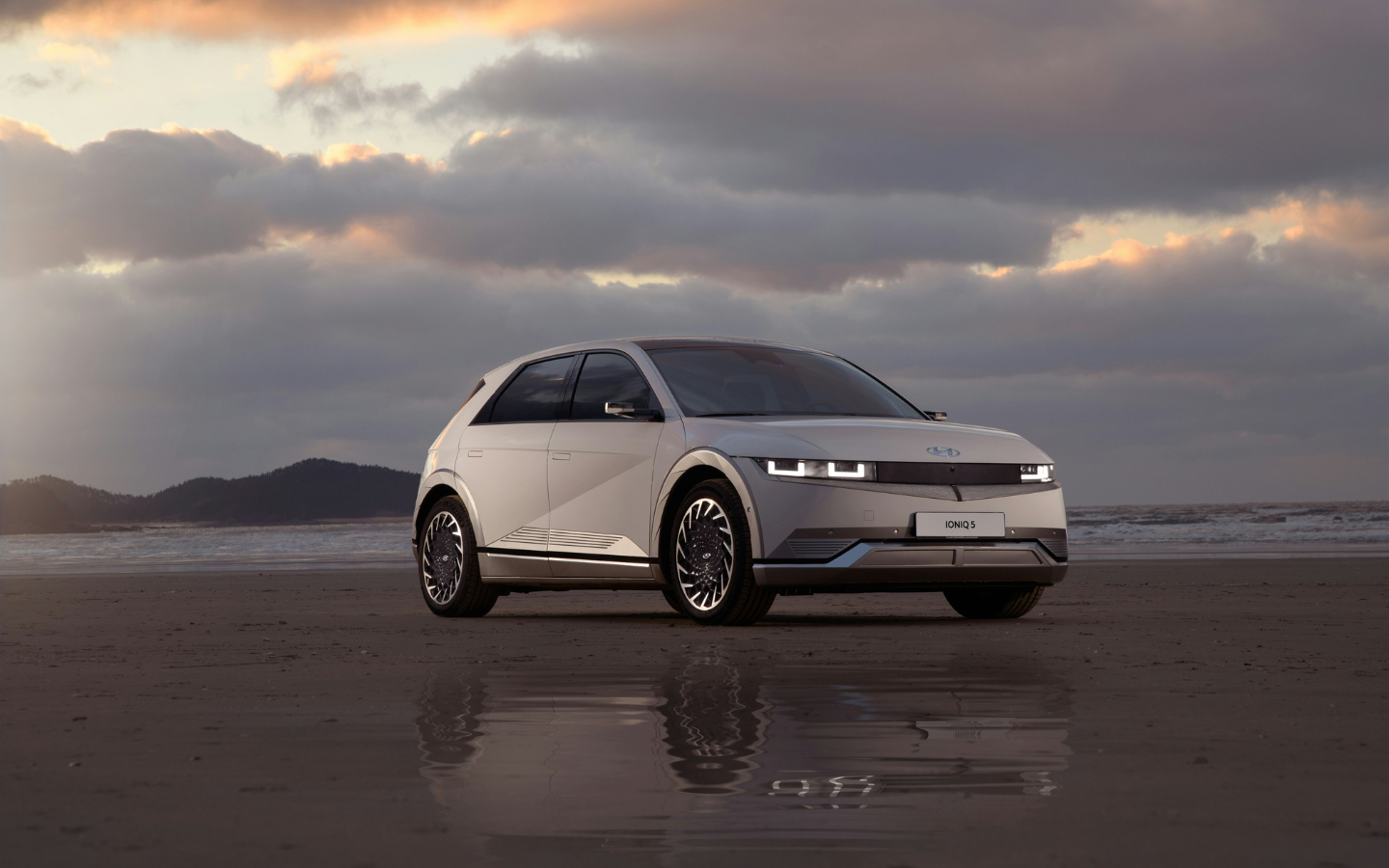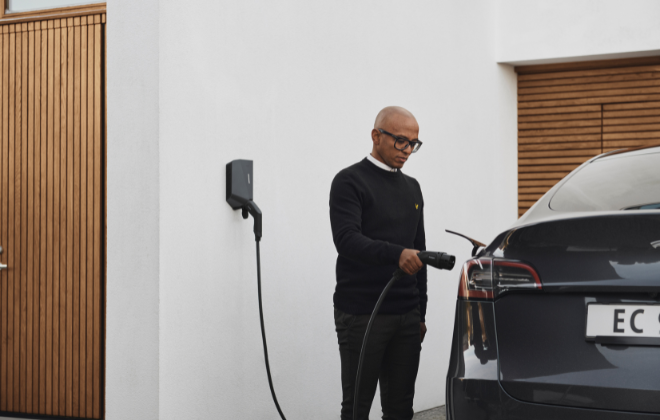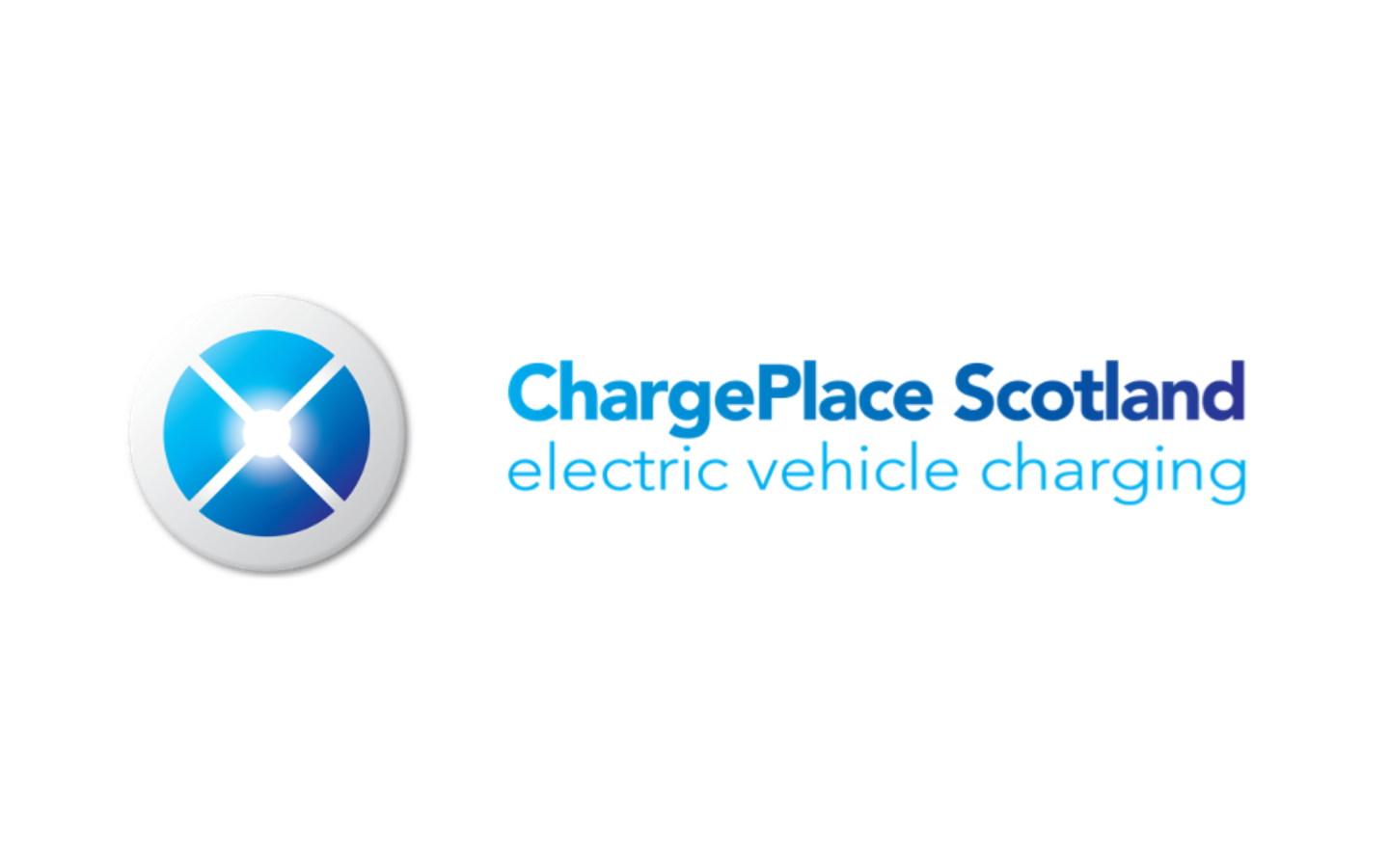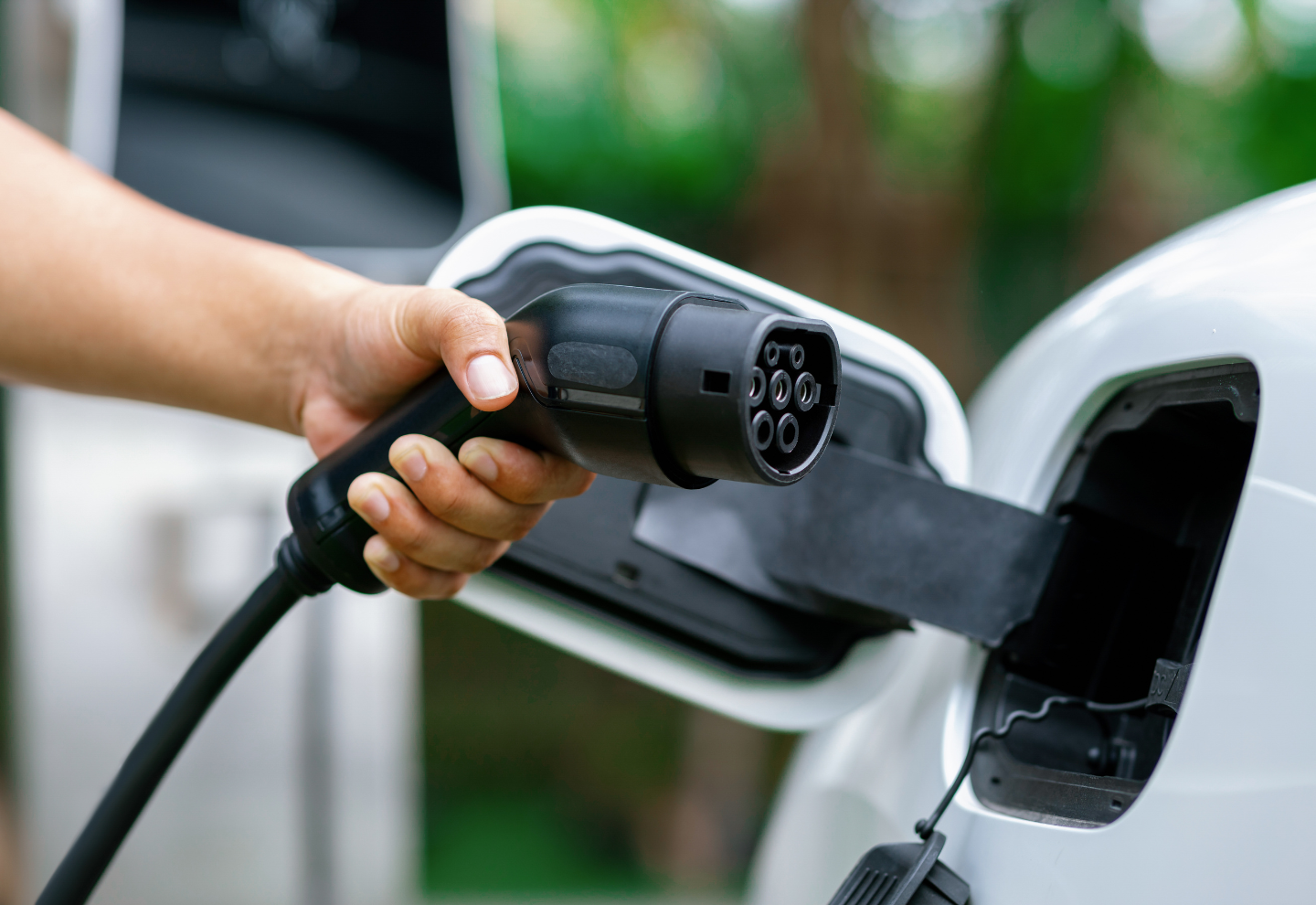

3-Pin Plug Charger VS Dedicated Home Charger
If you have just bought your first electric vehicle, you may be wondering how you are going to charge it. Are you going to use a 3-pin plug electric car charger? Or are you going to invest in a smart, dedicated home EV charger? What are the differences? Which option is cheaper? Which is more convenient? The questions are endless, and sometimes it can be rather overwhelming for someone who has just taken the plunge into the world of electric cars.
But don’t worry. We are going to take a look at some of the key terms in relation to 3-pin plug charging and dedicated home EV chargers, and how they both work. We will then explain which is better in the fight between 3-pin plug chargers and dedicated home charge points.
But in short, while you can charge your EV from a 3-pin plug, a smart home EV charger beats a 3-pin plug every single time.
What is 3-pin plug EV charging? Can I charge my EV at home with a 3-pin plug charger and a domestic UK socket?
3-pin plug charging is where you use a standard 3-pin domestic socket in your house and a granny charger to charge your electric car. And yes, it is possible, but typically, you will need a 3 Pin plug car charger, either in the form of a Type 2 to 3 Pin charging cable or a Type 1 to 3 Pin charging cable. Usually, this EVSE cable (electric vehicle supply equipment) comes with your electric car. That said, it is different for each manufacturer, so please check your manual or with your vehicle manufacturer.
Three-pin plug EV charger
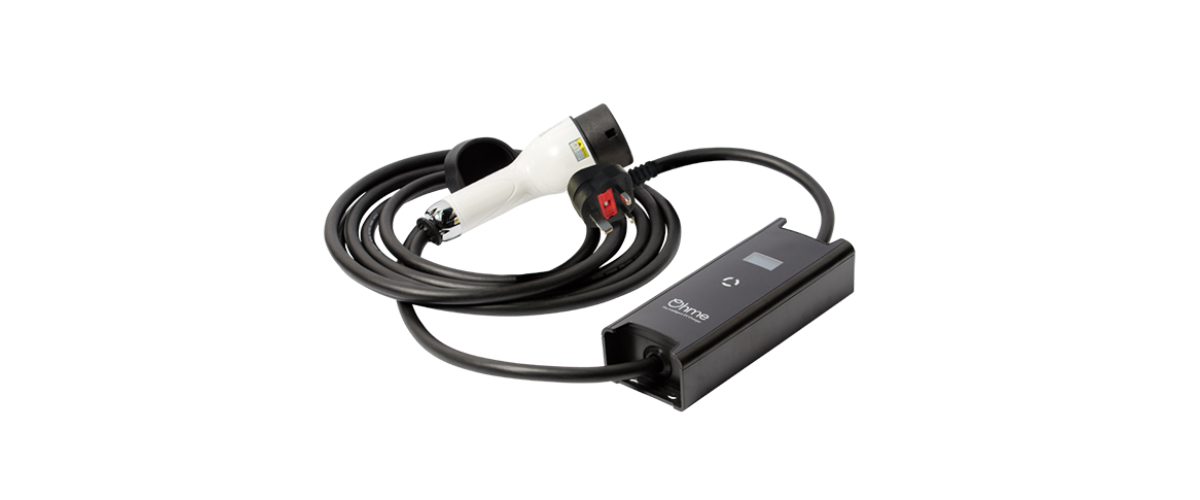
How do I charge my electric car with a 3-pin EV charger?
To charge your electric car with a three-pin plug, simply plug the 3-pin electric car charger into a domestic socket in your home and plug the other end into your EV. Using a 3-pin plug to charge your electric car is easy, especially if you don’t have a home EV charger installed on your property yet. But there are caveats that make smart home EV chargers more desirable.
What is a smart home EV charger?
A dedicated smart home EV charger is a smart electric vehicle charging unit that is installed on your property. These EV home chargers offer a wide variety of smart features, different for each charger, such as solar charging, charge scheduling and cable lock. However, the features depend on the EV charger you choose, with some offering more advanced features than others.
Typically, home EV chargers are rated at approximately 7kW, but 22kW chargers are also available (although 22kW chargers require more thought).
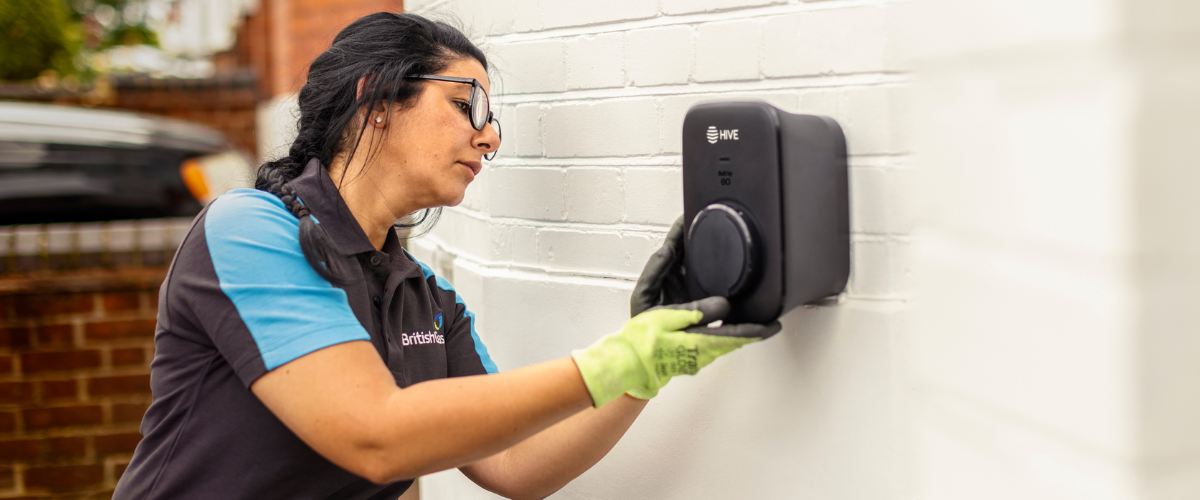
Why would I invest in a smart home charger if I can charge my electric car at home with a 3-pin plug EV charger?
Here are five reasons why investing in a home EV charger is significantly better than using a three-pin plug to charge your electric car:
1. Using a 3-pin plug EV charger frequently can be dangerous
A 3-pin domestic socket is not designed for continuous high-power usage, so most manufacturers recommend three-pin EV charging only in emergencies, and it’s because of safety reasons. A 3-pin plug electric car charger is a high-drain device, meaning that you will need to run your 3-pin socket at 2.3kW or even 2.5kW for long periods of time. Running a domestic socket this close to its maximum 3kW capacity puts a strain on your circuit, the cables, and the socket, with the potential to cause serious problems, such as overheating and, in worst-case scenarios, fires.
This is not the case for dedicated home electric car chargers, as they are designed to support the electric load needed to charge an EV without any cause for concern, especially with added safety features and devices such as load balancing and Surge Protection Devices.
2. 3-pin charging is the slowest way to charge your electric vehicle
Using a 13-amp 3-pin plug EV charger is the slowest way to charge your electric car. It can take up to, or sometimes over, 18 hours to fully charge your EV using a 3-pin plug charger (depending on your vehicle and the battery size) by charging at 2.3kW. On the other hand, a 7kW dedicated home EV charger is over three times faster than a three-pin plug and can charge your EV between 4-8 hours.
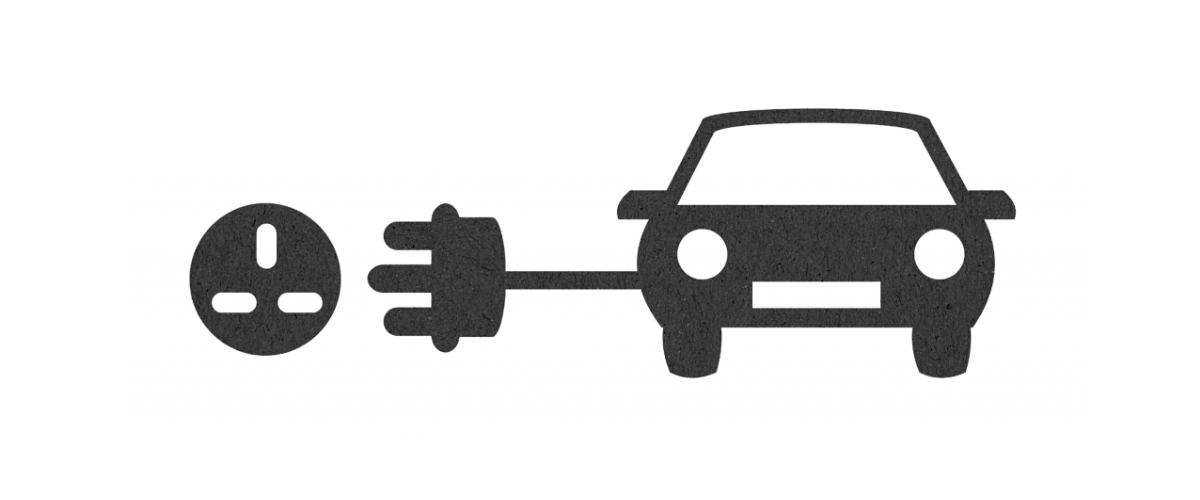
3. Using a 3-pin charger is inconvenient for everyone
In order to reach your electric vehicle, you may have to use an extension cable for your 3-pin plug, or you might have to thread the wire through your window or door if you don’t have an outside plug. If an extension lead is needed, it must be rated at 13 Amps and must be fully unwound to prevent overheating. This means hazardous wires in and around your home for long periods of time when using 3-pin plug chargers, which can be especially problematic if you are running cables across public footpaths.
4. 3-pin plug EV charging is messy
With dedicated home chargers, you also have the choice between tethered and untethered (socketed) units, meaning you choose whether you want your cable permanently attached to your unit or not, ensuring more aesthetic charging.
What’s more, home EV chargers come in a variety of different sizes, designs and colours, meaning you can find a unit that stands out or blends in, depending on your personal choice.
5. You don’t have access to a wide range of smart features with 3-pin plug charging
With a dedicated home electric car charger, you have access to a range of smart features that will take your EV charging to the next level. Take the Ohme Home Pro, for example; you can integrate your energy tariff information – including sought-after Octopus energy tariffs – and your Ohme will charge during the cheapest times, with savings of up to £600 a year.
With a 3-pin plug charger, you do not have access to smart features, which will effectively cost you more to charge at home in the long run.
Conclusion:
In conclusion, whilst you can use a 3-pin plug EV charger to charge your electric vehicle, it’s not recommended by industry experts and EV manufacturers due to the safety risks and slow charging speeds. Ideally, you should only charge your electric car with a three-pin plug in emergency situations or as a last resort, such as if you are staying at a family or friend’s house with no access to an electric car charger.
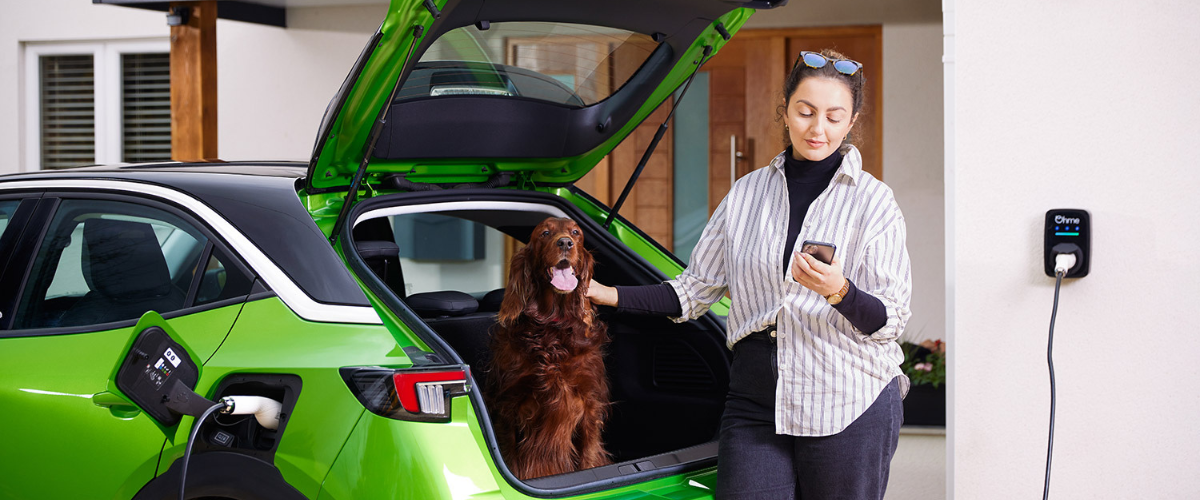
Summary:
- In short, it is possible to charge your electric car with a three-pin plug domestic socket at home and a granny charger; however, there are some caveats due to the nature of the slow and potentially unsafe charging method.
- 3-pin plug EV chargers use a standard domestic socket to charge your electric car at a maximum of 2.3kW – unfortunately, three-pin charging is the slowest way to charge your EV, taking up to 18 hours for a full charge at 2.3kW compared to a dedicated EV charger that charges three times faster at 7kW.
- While 3-pin plug charging is technically safe on the odd occasion, using a 3-pin plug charger frequently can be dangerous and is not recommended by manufacturers or experts due to safety concerns.
- 3-pin EV charging can be inconvenient and messy to use an extension cable or thread the wire through windows and doors.
- Dedicated home chargers offer better aesthetics and a wide range of smart features, such as tariff integration and solar compatibility, offering cheaper and more convenient EV charging.
Interested in faster, smarter and more convenient charging sessions with a dedicated home electric car charger?
If you are looking to get an EV charger installed at your home, click below to get your free quote, or contact us for more information or any queries you may have. Alternatively, deep dive into our full guide to EV charger installation.
Struggling to choose a dedicated EV charger? Discover the best home EV chargers in 2026 in our full, expert guide now.
For more information and our latest updates, follow us on Facebook, Instagram, Twitter, LinkedIn and YouTube.
Related articles
Stay up to date on the latest from We Power Your Car_
I consent to receive newsletters from We Power Your Car. Please see our Privacy Policy
